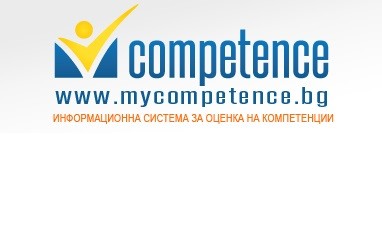The Peer Review will be hosted by the Bulgarian Ministry of Labour and Social Policy and will focus on competence assessment systems and the involvement of labour market actors in the identification of skills and competence needs.
The Labour Force Competence Assessment System used in Bulgaria – MyCompetence - is an online information system that provides information, tools and specialised services for assessing the competences of the labour force in Bulgaria. MyCompetence includes 370 competence models of key job positions in 25 economic sectors.
Each competence model encompasses description of the job position, tasks and responsibilities, qualifications required as well as knowledge, skills and competences. Competences are grouped in three clusters: core competencies, managerial competencies and specific competencies. Competences are in line with the National Qualifications Framework. MyCompetence also provides self-assessment tools for the identification of skills gaps and an e-learning platform for upskilling.
MyCompetence was developed by the Bulgarian Industrial Association in cooperation with two national trade unions. A National Competence Assessment Network, which involves employers, managers, advisors, consultants, experts from governmental bodies and other institutions, is in charge of the development and update of the competence models.
During the Peer Review, the following topics will be discussed:
- What experiences do countries have in the elaboration of competence models / sector specific standards?
- How do countries ensure integration of sector specific standards (or competence models) with national education and training standards?
- How are sector-specific standards used to update and modernise curricula and qualifications?
- What examples of effective collaboration structures between education and training and labour market stakeholders exist in countries in the context of development of competence models?
- What is the role of Sector Skills Committees / Sector Skills Councils in that context and how can such bodies be established?
- What support is needed to develop effective collaboration structures, and from whom?
- Are the methods and tools to carry out the assessment effective?
- What could be improved to i) optimise the process of matching a persons’ skills to job requirements; ii) ensure learners can build on their existing skills through further training; and iii) ensure the outcomes of the testing are recorded and validated in a way that constitutes currency on the labour market?
- What are effective support measures to create and sustain the necessary infrastructure to ensure learners and workers benefit from the assessment system?






